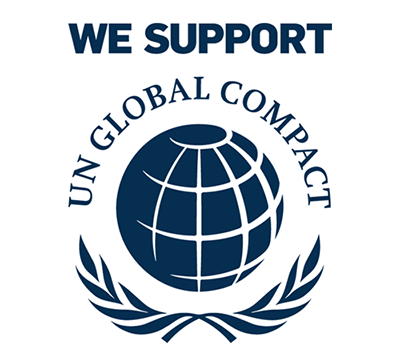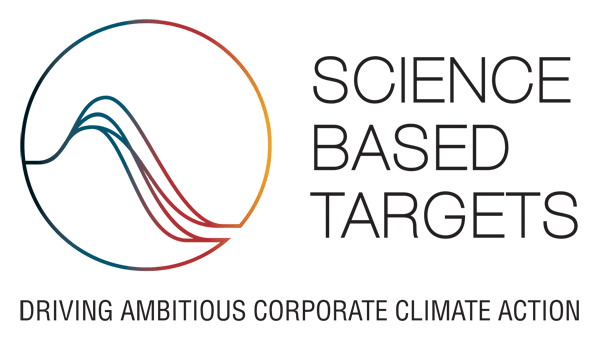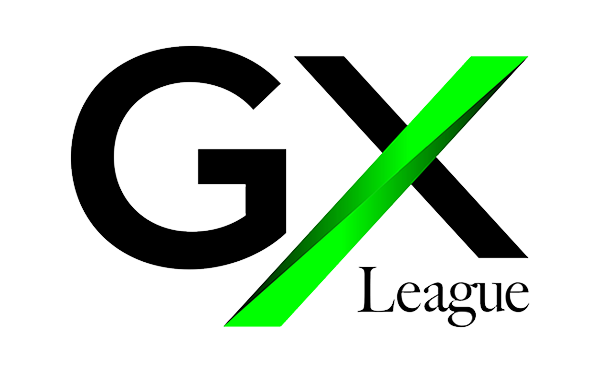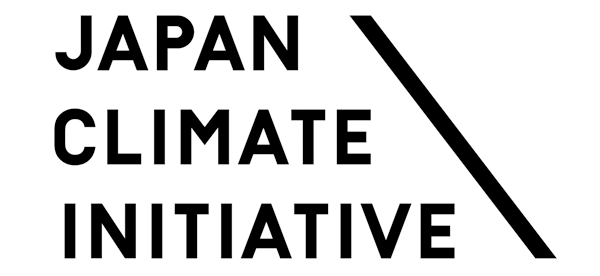Initiatives
The UN Global Compact
EIZO has been a signatory of the UN Global Compact, a global framework for achieving sustainable growth since September 2012. Participating companies contribute to the development of this framework of voluntary corporate initiatives by exercising responsible and creative leadership as good members of society.
As a participant, we support and practice the ten principles of the UN Global Compact related to the protection of human rights, the elimination of unfair labor practices, environmental responsibility, and the prevention of corruption, and we strive to fulfill our corporate responsibilities in the global community and enhance our corporate value.
Chairman & CEO
Yoshitaka Jitsumori

【The Ten Principles of the United Nations Global Compact】
- Principle 1
- Businesses should support and respect the protection of internationally proclaimed human rights; and
- Principle 2
- make sure that they are not complicit in human rights abuses.
- Principle 3
- Businesses should uphold the freedom of association and the effective recognition of the right to collective bargaining;
- Principle 4
- the elimination of all forms of forced and compulsory labour;
- Principle 5
- the effective abolition of child labour; and
- Principle 6
- the elimination of discrimination in respect of employment and occupation.
- Principle 7
- Businesses should support a precautionary approach to environmental challenges;
- Principle 8
- undertake initiatives to promote greater environmental responsibility; and
- Principle 9
- encourage the development and diffusion of environmentally friendly technologies.
- Principle 10
- Businesses should work against corruption in all its forms, including extortion and bribery.
Responsible Business Alliance (RBA)

EIZO joined the Responsible Business Alliance (RBA) in January 2020.
The RBA is a business alliance that promotes CSR in the global supply chain of the electronics industry and aims to help companies fulfill their social, ethical, and environmental responsibilities throughout the global supply chain. The RBA Code of Conduct sets standards for safe working conditions, treating workers with respect and dignity, environmental responsibility and ethical business practices.
We support the vision and mission of the RBA and work to progressively conform our business activities to the RBA Code. We will also encourage our suppliers to support the RBA Code of Conduct.
The RBA is a business alliance that promotes CSR in the global supply chain of the electronics industry and aims to help companies fulfill their social, ethical, and environmental responsibilities throughout the global supply chain. The RBA Code of Conduct sets standards for safe working conditions, treating workers with respect and dignity, environmental responsibility and ethical business practices.
We support the vision and mission of the RBA and work to progressively conform our business activities to the RBA Code. We will also encourage our suppliers to support the RBA Code of Conduct.
TCFD (Task Force on Climate-related Financial Disclosure)

In May 2021, EIZO has announced its support for the recommendations of the TCFD (Task Force on Climate-related Financial Disclosure).
In response to a request from the G20, the Financial Stability Board (FSB) established the TCFD to examine climate-related disclosure and responses by financial institutions. TCFD encourages companies and other organizations to disclose their governance, strategy, risk management, indicators and targets with respect to climate change-related risks and opportunities.
In line with the TCFD framework, we are analyzing the risks and opportunities to our business posed by climate change, taking necessary actions, and expanding our information disclosure.
In response to a request from the G20, the Financial Stability Board (FSB) established the TCFD to examine climate-related disclosure and responses by financial institutions. TCFD encourages companies and other organizations to disclose their governance, strategy, risk management, indicators and targets with respect to climate change-related risks and opportunities.
In line with the TCFD framework, we are analyzing the risks and opportunities to our business posed by climate change, taking necessary actions, and expanding our information disclosure.
SBT(Science Based Targets)

Since the launch of the EIZO brand, the EIZO Group has been consistently working on cutting-edge environmental measures. In addition to pursuing the energy-saving performance of its products, the EIZO Group is working to counteract climate change by setting GHG*1 emission reduction targets for all of its business activities.
In terms of GHG reduction, we have set an ambitious 1.5°C level of GHG emission reduction targets based on Science Based Targets (SBT), which are scientifically consistent with the targets set by the Paris Agreement, as a benchmark for managing the risks and opportunities of climate change. The target was set at the ambitious 1.5°C level of the Science Based Targets (SBT) standard. We also submitted this target to the SBT Initiative (SBTi)*2, an organization that accredits SBTs, and received SBT accreditation on July 1, 2022.
In terms of GHG reduction, we have set an ambitious 1.5°C level of GHG emission reduction targets based on Science Based Targets (SBT), which are scientifically consistent with the targets set by the Paris Agreement, as a benchmark for managing the risks and opportunities of climate change. The target was set at the ambitious 1.5°C level of the Science Based Targets (SBT) standard. We also submitted this target to the SBT Initiative (SBTi)*2, an organization that accredits SBTs, and received SBT accreditation on July 1, 2022.
- *1 GHG(Greenhouse Gas):Kyoto Protocol defines seven types of greenhouse gases to be reduced: carbon dioxide (CO2), methane (CH4), dinitrogen monoxide (N2O), hydrofluorocarbons (HFCs), perfluorocarbons (PFCs), sulfur hexafluoride (SF6), and nitrogen trifluoride (NF3) in the second commitment period starting in 2013.
- *2 SBTi (Science Based Targets initiative): An international partnership between CDP, the United Nations Global Compact, World Resources Institute (WRI), and the World Wide Fund for Nature (WWF). It encourages companies to set science-based GHG reduction targets and reviews and validates those targets from an objective standpoint.
GX League

In 2022, Japan established the GX League (GX: green transformation), a forum for cooperation between a group of companies and the government, universities, and academic institutions in order to meet greenhouse gas reduction targets and increase industrial competitiveness by using Japan’s goal of carbon neutrality by 2050 as an opportunity for economic growth.
In November 2022, EIZO expressed its support for the "GX League Basic Concept" announced by the Ministry of Economy, Trade and Industry.
In November 2022, EIZO expressed its support for the "GX League Basic Concept" announced by the Ministry of Economy, Trade and Industry.
JCI (Japan Climate Initiative)

EIZO joined the JCI (Japan Climate Initiative) in June 2022.
JCI is a network committed to strengthening communication and exchange of strategies and solutions among all actors that are implementing climate actions in Japan. In July 2018, over 100 Japanese companies, local governments, research institutions and NGOs established JCI.
JCI is a network committed to strengthening communication and exchange of strategies and solutions among all actors that are implementing climate actions in Japan. In July 2018, over 100 Japanese companies, local governments, research institutions and NGOs established JCI.
Race to Zero

Race to Zero is a global campaign rallying non-state actors – including companies, cities, regions, financial, educational, and healthcare institutions – to take rigorous and immediate action to halve global emissions by 2030 and deliver a healthier, fairer, net zero world. Since June 2020, over 13,000 members have joined the campaign and are committed to the same overarching goal: reducing emissions across all scopes swiftly and fairly in line with the Paris Agreement, with transparent action plans and robust near-term targets.
